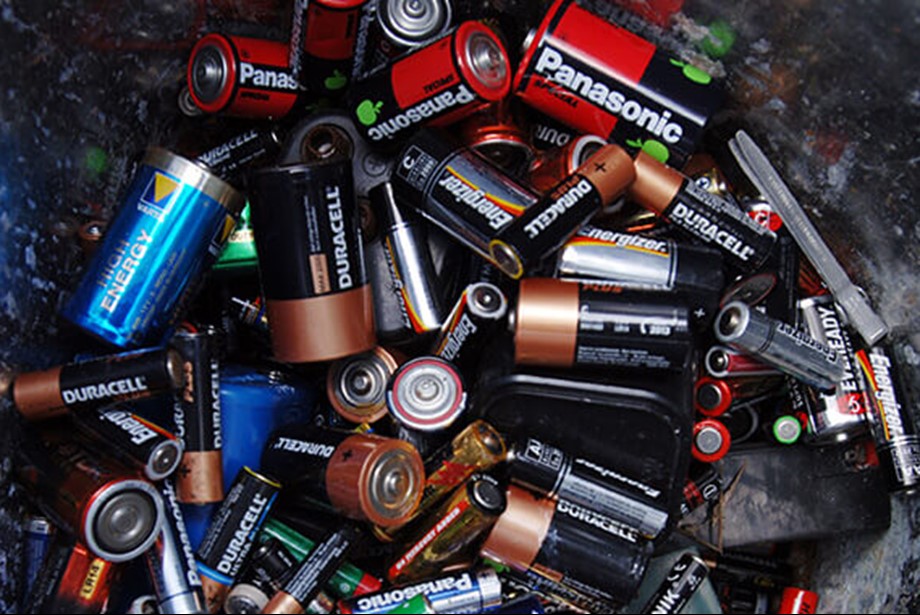They are asking residents to correctly dispose of unwanted batteries to prevent fires forming in refuse collection vehicles and at waste recycling plants.
Last year carelessly discarded batteries left in household waste led to a number of fires locally. Experts estimate that batteries thrown in household rubbish bins cause about 700 fires every year nationally.
Dead batteries thrown away with other waste and recycling are likely to be crushed when the waste is collected and processed. Some batteries, such as lithium-ion (Li-ion) can ignite or even explode when they are damaged. This can set fire to other waste like paper, leading to serious incidents and put lives at risk.
It is estimated that nearly 50% of all recycling and waste fires in the UK were started by lithium-ion batteries. They are often found in everyday products like laptops, tablets, mobile phones, electric toothbrushes, power tools, scooters and even e-cigarettes.
We can all help to keep waste disposal staff safe by:
- Never putting batteries in household waste or recycling bins
- Only recycling batteries using a proper battery recycling service. www.takecharge.org.uk features a battery recycling point locator tool. Any retailer selling batteries or items with batteries should also offer battery recycling programs.
- Removing batteries from broken/discarded devices if you can and recycle the device and battery separately.
- If you cannot remove a battery recycle the device using a small electrical recycling service. To find out more about where you can recycle unwanted electrical goods you can visit: Recycle your electricals https://www.recycleyourelectricals.org.uk/ or Recycle Now https://www.recyclenow.com/
- Using your local HWRC: Household waste recycling centres provide battery recycling facilities. Save old batteries and electrical items for your visit to the tip.
Alistair Beattie is the Community Education Liaison Officer based at the award-winning BDR Waste Treatment Facility at Manvers, which diverts 97 per cent of Barnsley, Doncaster, and Rotherham household waste from landfill.
“We know from recent experience that batteries placed in household waste can pose a real risk to waste collection crews and staff at waste treatment plants,” said Alistair.
“For that reason, it is very important that they are disposed of correctly. You can use battery collection points in shops or local household waste collection centre. Vaping devices can often be recycled by taking them back to the stores they were bought from.”
For more information about recycling in your area visit your local council website.






